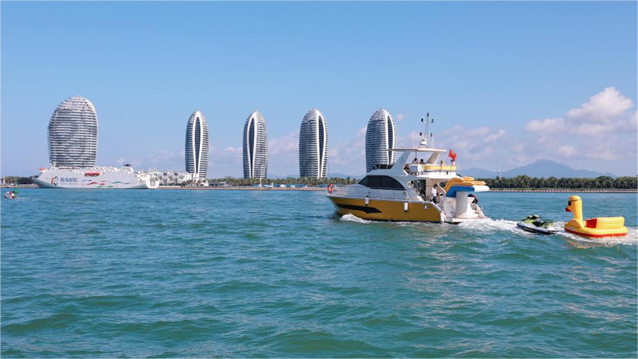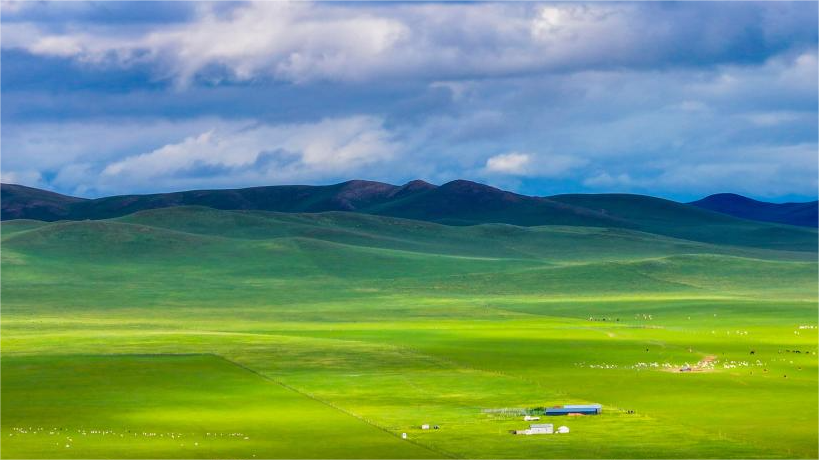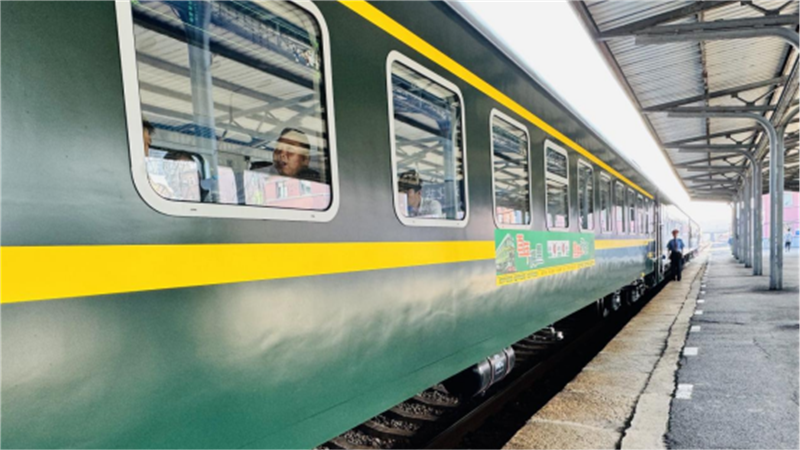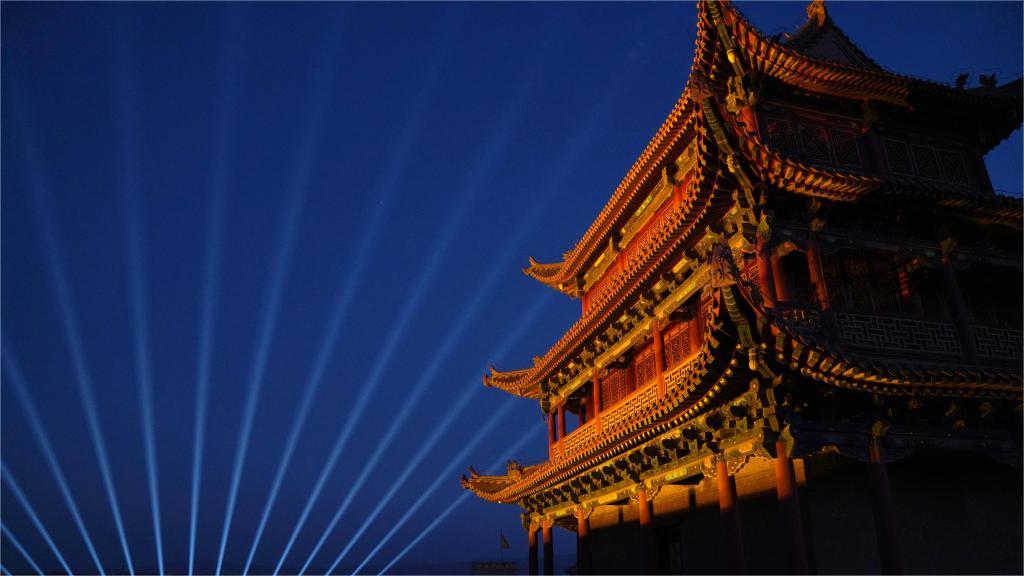China's tourist hotspots lift reservation requirements amid surge in visitors
BEIJING, July 18 (Xinhua) -- As China's tourist destinations experience a surge in both domestic and international visitors this summer, many popular spots have eliminated reservation requirements to reduce hassle and offer a seamless travel experience for tourists.
Tourists can now visit most of the top-level attractions in cities such as Shanghai, Beijing, Suzhou, Chengdu, and Hangzhou without booking a time slot in advance.
DELIGHTED TOURISTS
Last month, the Beijing Municipal Bureau of Culture and Tourism announced that reservation requirements for all tourist attractions, except for the Palace Museum and the National Museum of China, would be lifted.
This is one of the latest policy changes in several tourist cities. For instance, Suzhou in east China's Jiangsu Province has scrapped real-name reservation requirements for its top-level scenic spots and cultural venues, except for certain key attractions such as the Humble Administrator's Garden, the Lion Grove Garden, and the main site of the Suzhou Museum.
Local authorities said the adjustment was made after a careful analysis of factors such as the daily average number of visitors at these spots and their maximum capacity.
Speaking about Hangzhou's decision to lift reservation requirements, a tourist surnamed Lu told Xinhua that she managed to explore iconic sites such as the Leifeng Pagoda, Deshou Palace, and Xixi National Wetland Park all in one day.
"There's no need to book in advance or even swipe an ID, making our schedule more flexible and our travel experience more enjoyable," said the tourist from east China's Anhui Province.
"I think canceling the reservation system is great because it allows me to make spontaneous visits to any tourist attraction I like during holidays. This is much better than being stuck at home all day because I couldn't secure reservations," read a social media comment.
The policy change is also good news for the growing number of foreign tourists choosing China as their destination. According to online travel service provider Ctrip, in the first half of this year, inbound travel orders surged by over 1.6 times compared with the same period in 2023.
Tourism destinations with reservation systems introduced more user-friendly measures to accommodate the travel needs of specific groups.
The Palace Museum has launched fast-track reservation and ticketing for groups of minors. For very young children, reservations are not required as long as they are accompanied by an adult with a ticket.
Similarly, the China Grand Canal Museum in Yangzhou has introduced a "senior ticket," allowing visitors aged 70 and over to enter without reservations.
EXTENDED OPENING HOURS
While these changes have garnered broad support, they have also sparked debate about whether the travel experience's quality might be compromised due to increased visitor numbers, with many expressing concern that lifting these requirements could lead to overcrowding at popular sites.
Last year, the Ministry of Culture and Tourism issued a circular urging efforts to optimize reservation management at tourist sites, while noting that a "one-size-fits-all" approach must be avoided to meet the needs of the tourists to the greatest extent possible.
The decision of whether or not to implement a reservation system should be based on thorough assessment and research, according to Dai Bin, president of the China Tourism Academy.
Earlier this month, the National Cultural Heritage Administration issued a notice stating that major venues can extend their opening hours or organize virtual exhibitions as needed.
This summer, many museums have launched "night tours" or extended their hours to provide a diverse experience for visitors.
To manage large visitor volumes effectively and ensure safety, experts recommend enhancing visitor flow monitoring, conducting rigorous inspections, and implementing more flexible regulatory measures.
In Shanghai, a solution has emerged with the launch of the "Enjoy Shanghai" WeChat mini-program. This tool offers real-time updates on visitor flow and maximum capacity for approximately 140 attractions across the city, enabling tourists to easily determine if a site is "too crowded" before visiting.
Tourist attractions need to carefully consider the pros and cons of management measures and establish a robust system to ensure both safety and a positive visitor experience, according to netizens.
Photos
Related Stories
- China launches summer tourism campaign to stimulate consumption
- Behind China's growing appeal to international travelers
- Nation adds 3 ports to visa-free transit policy
- Cruise market recovery expected to speed up in Q3, serving as a major boon to global tourism industry
- Tourist destinations across China see surge in visitors during peak summer tourist season
Copyright © 2024 People's Daily Online. All Rights Reserved.









